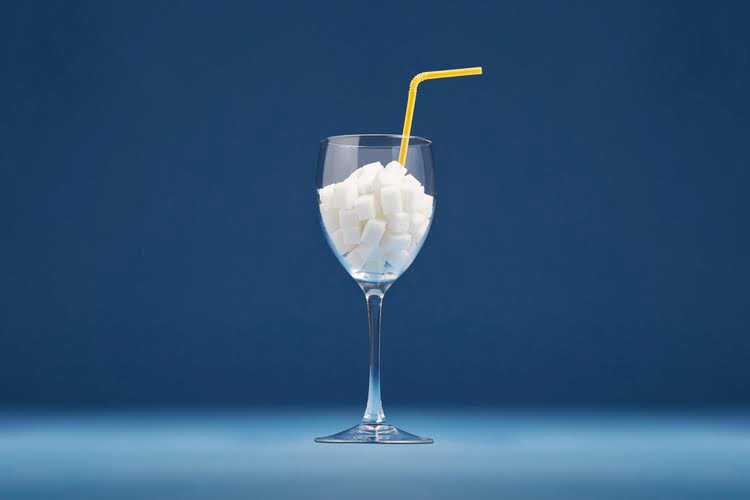This binding triggers several biochemical processes that eventually lead to the destruction of the bacteria. These cells carry immune proteins (i.e., antibodies, or immunoglobulins) on their surface that recognize and bind to antigens. Like T cells, each B cell also recognizes only one specific antigen and becomes activated when it comes into what is Oxford House contact with it. Most activated B cells develop into so-called plasma cells, which secrete their antibodies into the blood or lymph. There the antibodies can bind to their target antigens (e.g., a virus or a virus-infected cell) and thus mark them for destruction.
Higher Vulnerability to Disease
- By moderating alcohol intake, getting enough rest, and following other healthy habits, you can give your immune system the support it needs to keep you well this season.
- We’ve seen how drinking heavily hampers the immune system’s ability to detect and eliminate abnormal cells.
- People normally tend to reach for the bottle whenever they feel anxious, sad, or depressed, thinking it will improve the mood, but alcohol does the opposite.
This inflammatory state can become chronic, contributing to an increased risk of various diseases, including autoimmune conditions. Chronic inflammation may also result in tissue damage that further exacerbates immune dysfunction. Furthermore, alcohol abuse can impair the body’s ability to produce new immune cells, leading to a weakened immune system over time. This can make individuals more susceptible to infections and diseases and may affect their ability to recover from illnesses. Understanding how alcohol impacts the immune system is crucial for individuals with addiction who may be more susceptible to infections and health complications.
Impact of Alcohol on Specific Components of the Immune System
You may have noticed that after a long period of excessive drinking, you catch colds more frequently. It’s important to note that the effects of chronic inflammation can extend beyond the immune system, impacting multiple organs and systems in the body. While we encourage a mindful approach to alcohol consumption, we also emphasize the importance of supporting our immune systems through healthy lifestyle choices and high-quality supplements. Moreover, alcohol alters the gut microbiome, the community of microorganisms that play a vital role in our immune system. A healthy gut microbiome is essential for a well-functioning immune system, and does alcohol lower immune system alcohol-induced dysbiosis can lead to a host of health problems. While there are some studies that suggest that moderate red wine consumption may have some health benefits, it’s generally not recommended to rely on alcohol as a way to boost your immune system.
- By understanding how alcohol affects our body’s defenses, we can make informed choices that support our overall wellness.
- Links between alcohol and mental health have also become clearer in recent years.
- ” is an important question, but asking the question at all means that a person is ready to learn more about potential treatment, having already taken a huge step toward recovery and healing.
- Read more to find out why heavy drinking and immune health just aren’t compatible.
- The immune system is comprised of a variety of different cell types and proteins designed to recognize and/or react against foreign material (germs).
Inflammatory Response and Alcohol Consumption

The mechanism underlying the alcohol-induced decrease in T-cell numbers still is unknown. Some researchers have suggested that acute alcohol exposure induces programmed cell death, or apoptosis, in immature T cells in the thymus. Acute alcohol exposure also results in increased apoptosis of mature lymphocytes and monocytes in the blood. The following example may help illustrate some of the complex interactions that take place during an immune response.
Alcohol and Autoimmune conditions

In fact, with the emergence of COVID-19 (along with other recent respiratory illnesses), the term “compromised immune system” has become all too common over the past few years. “Anything above that, regardless of time period, is exposing your body to more alcohol than is ideal,” says Favini. The morning after a night of over-imbibing can cause some temporary effects on your brain.